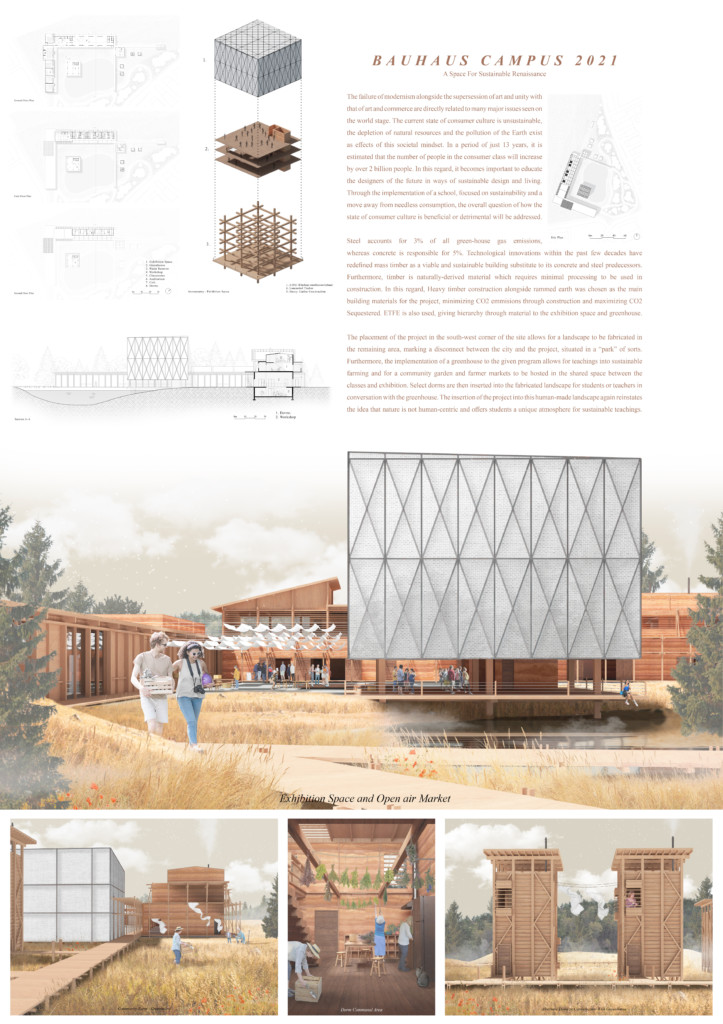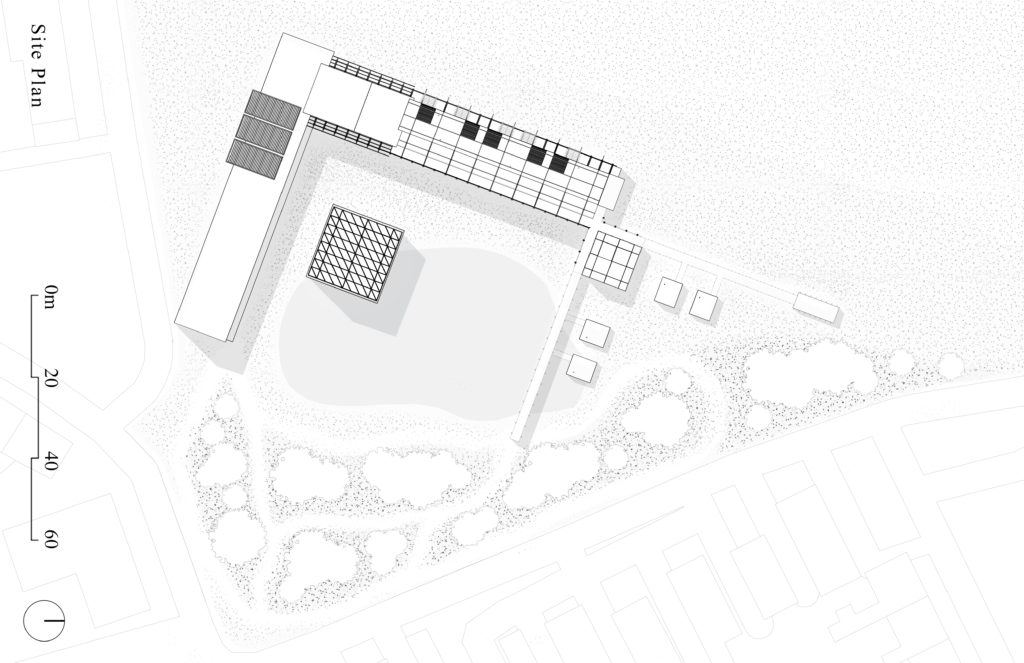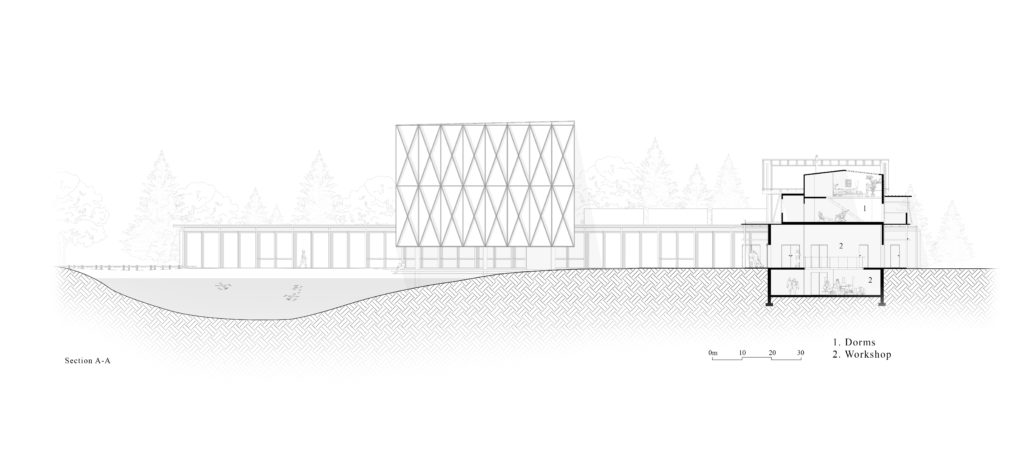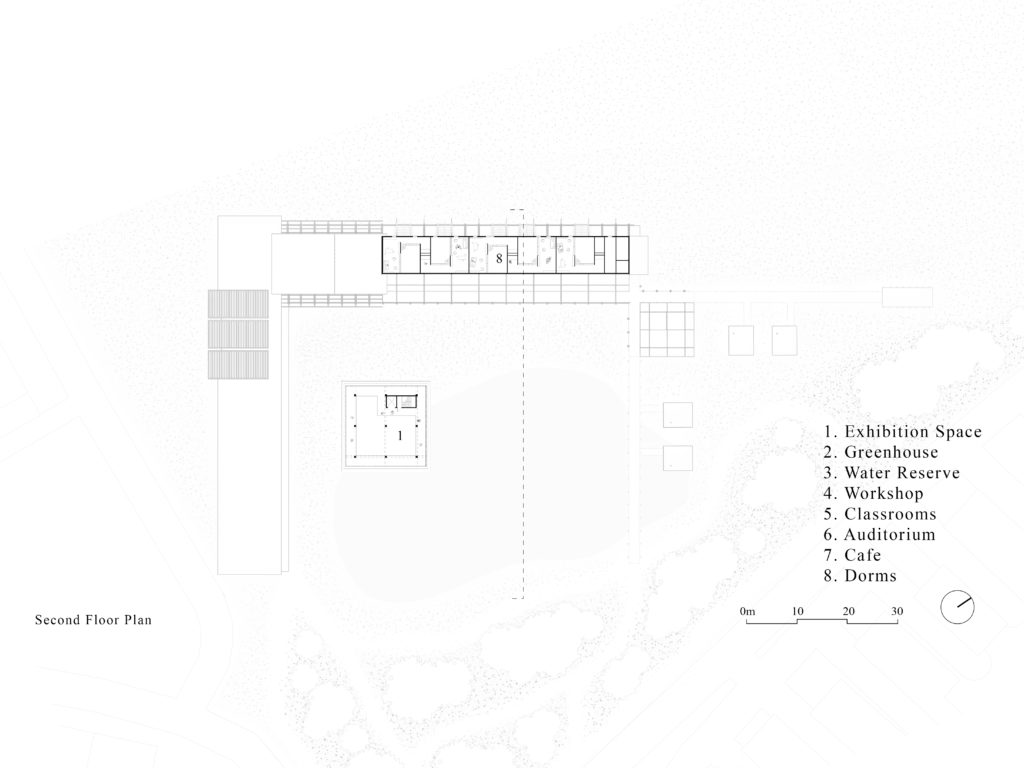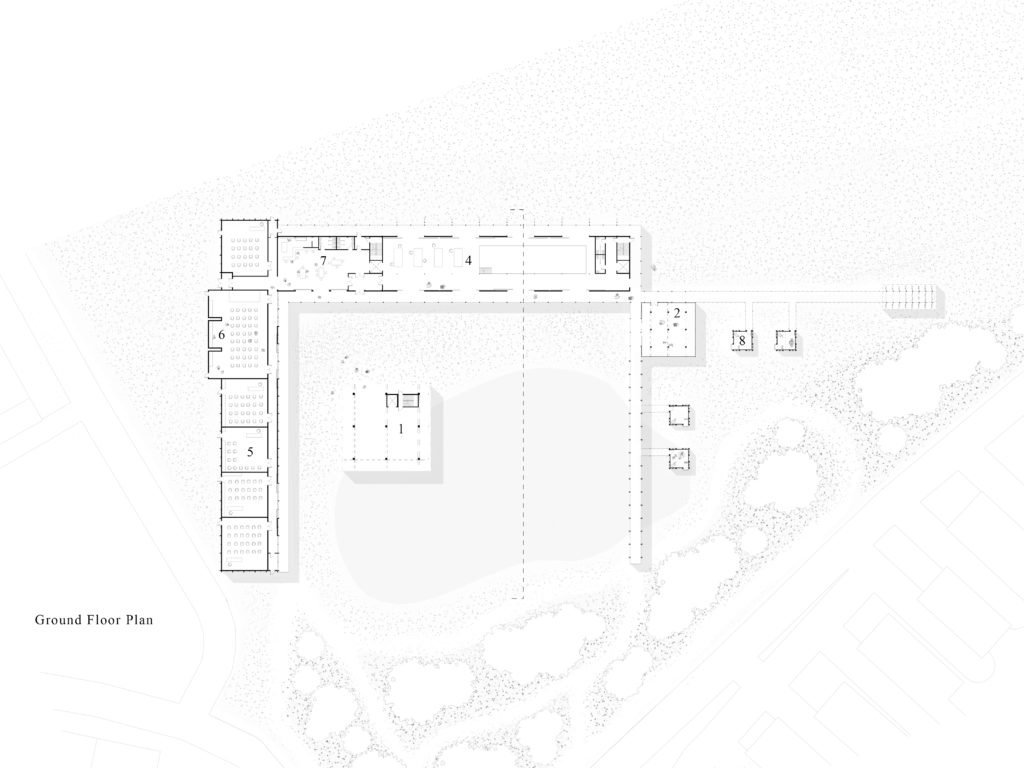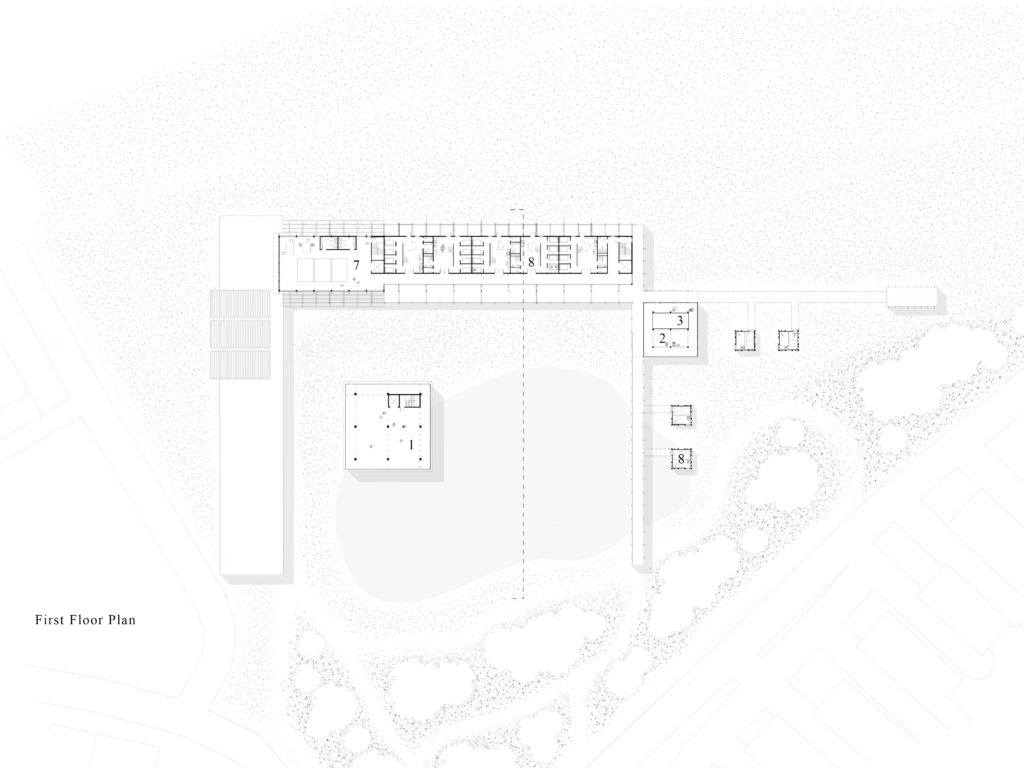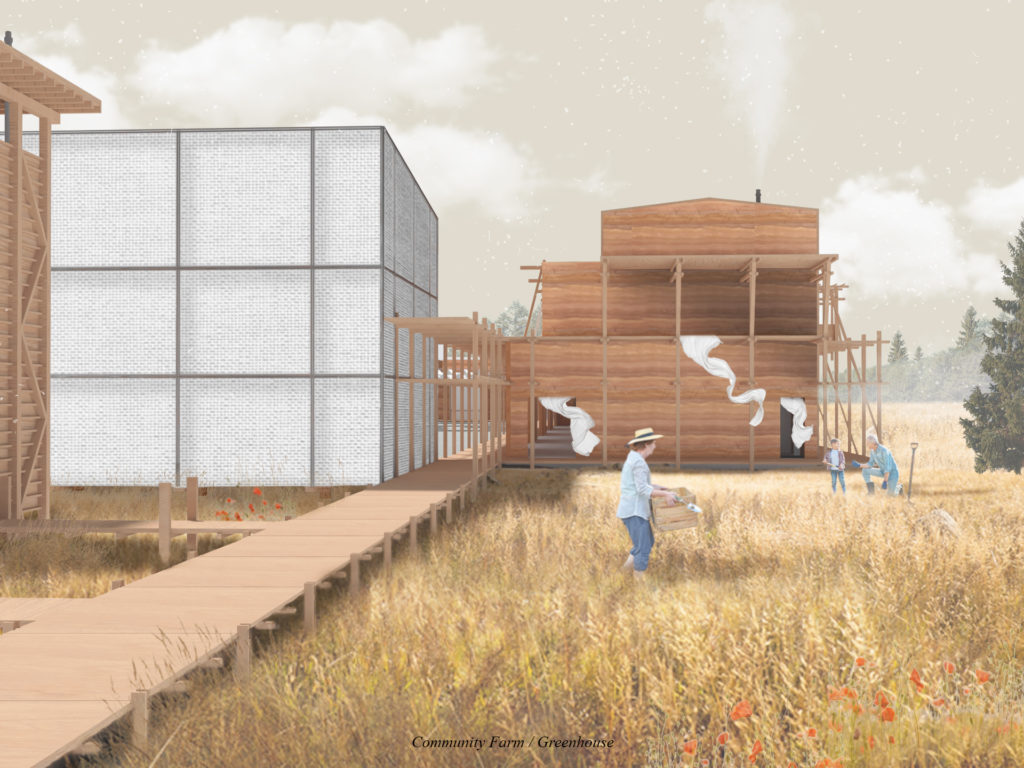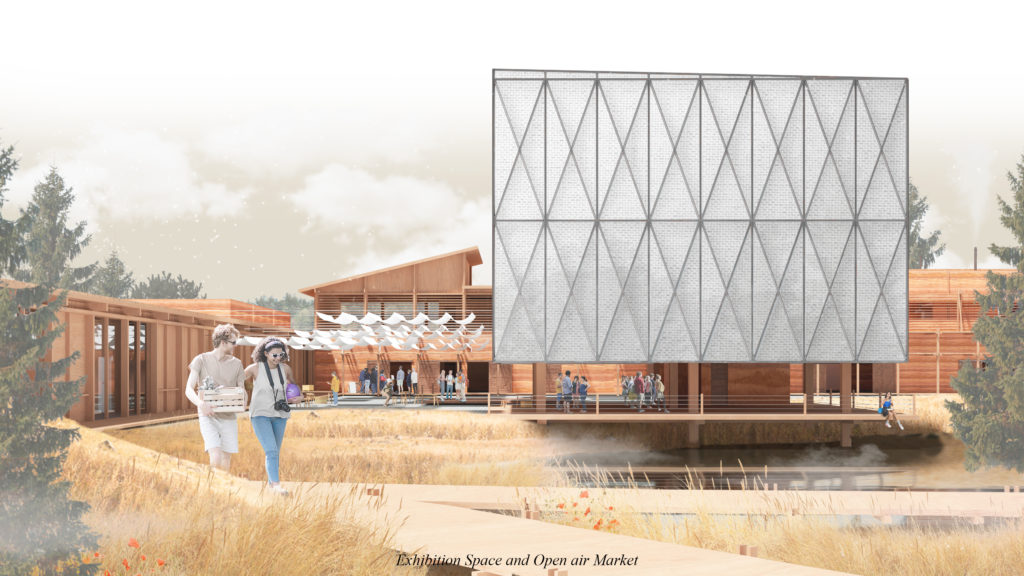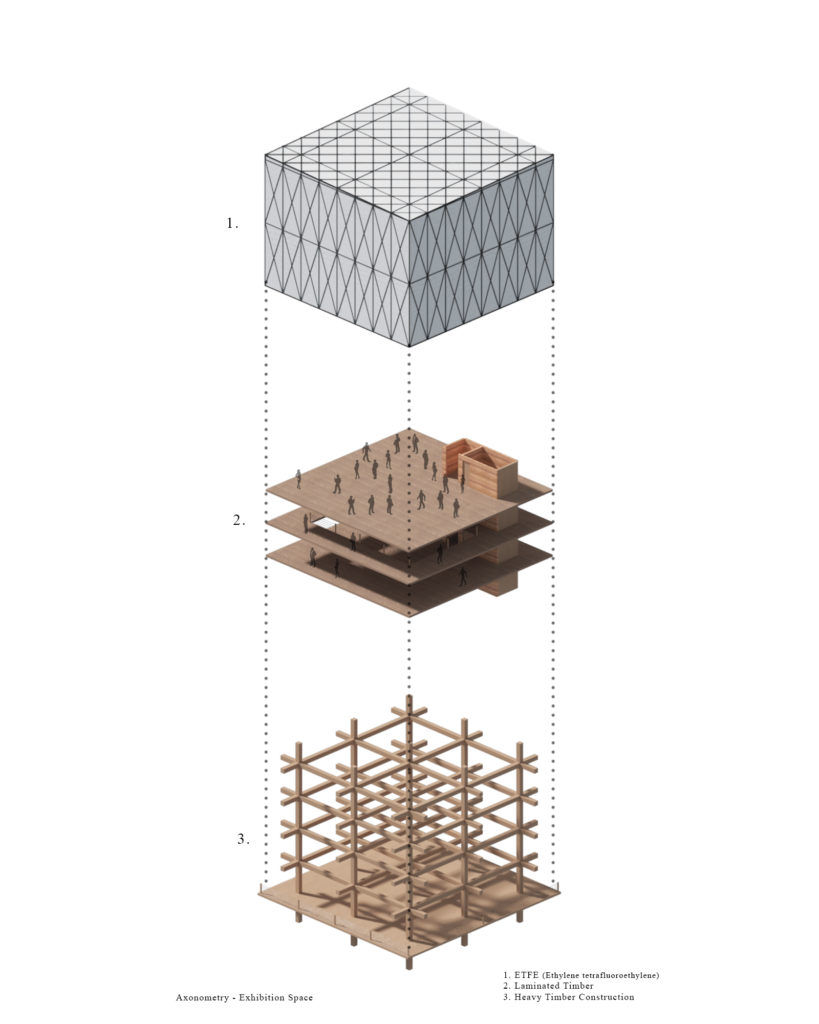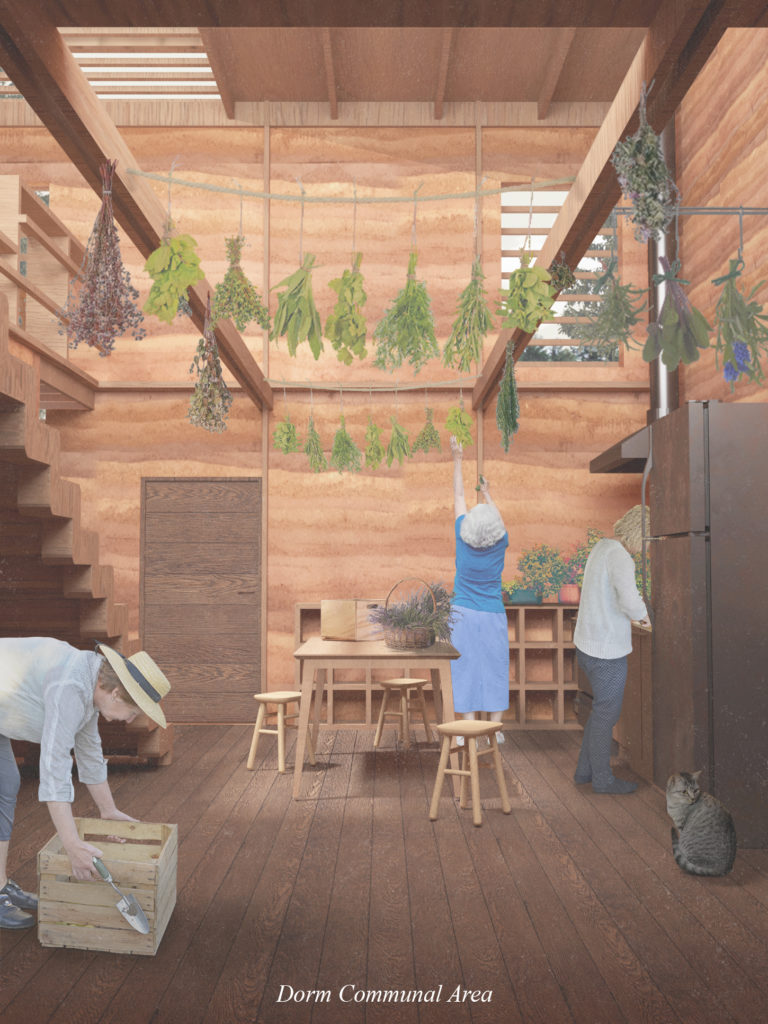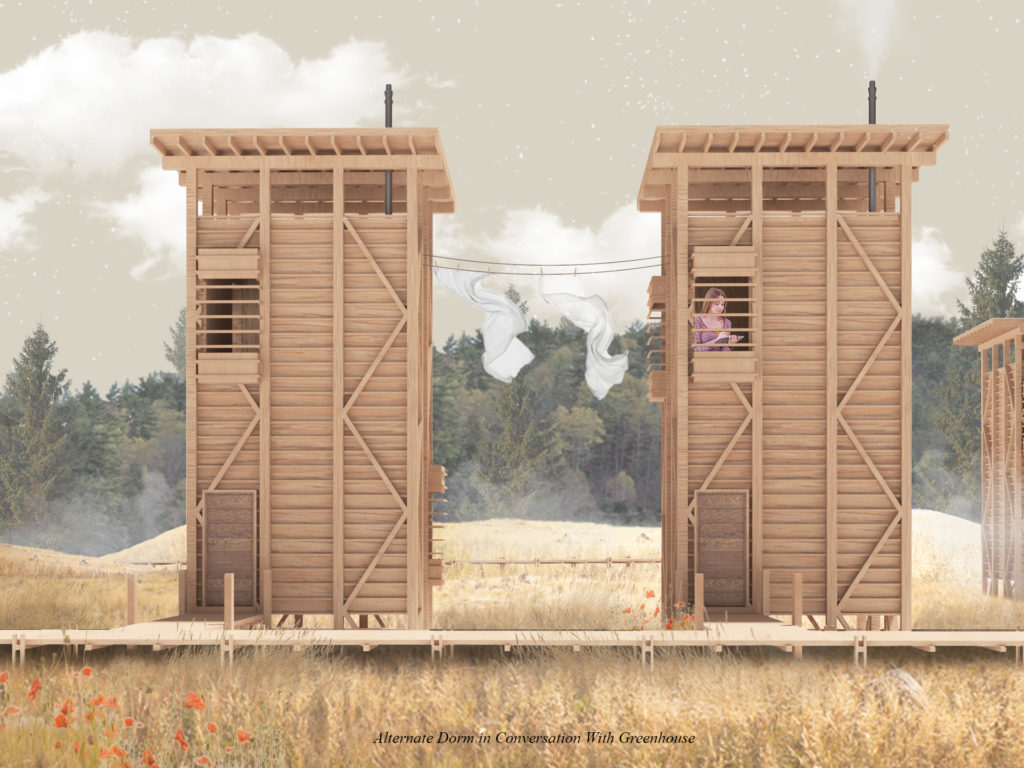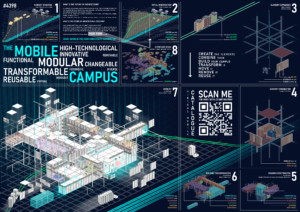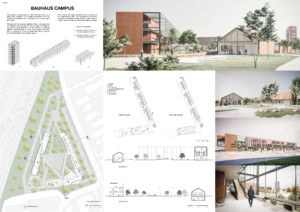BAUHAUS CAMPUS 2021
A Space For Sustainable Renaissance
The failure of modernism alongside the supersession of art and unity with that of art and commerce are directly related to many major issues seen on the world stage. The current state of consumer culture is unsustainable, the depletion of natural resources and the pollution of the Earth exist as effects of this societal mindset. In a period of just 13 years, it is estimated that the number of people in the consumer class will increase by over 2 billion people. In this regard, it becomes important to educate the designers of the future in ways of sustainable design and living. Through the implementation of a school, focused on sustainability and a move away from needless consumption, the overall question of how the state of consumer culture is beneficial or detrimental will be addressed. Steel accounts for 3% of all greenhouse gas emissions, whereas concrete is responsible for 5%. Technological innovations within the past few decades have redefined mass timber as a viable and sustainable building substitute to its concrete and steel predecessors. Furthermore, timber is naturally-derived material that requires minimal processing to be used in construction. In this regard, Heavy timber construction alongside rammed earth was chosen as the main building materials for the project, minimizing CO2 emissions through construction and maximizing CO2 Sequestered. ETFE is also used, giving hierarchy through the material to the exhibition space and greenhouse. The placement of the project in the southwest corner of the site allows for a landscape to be fabricated in the remaining area, marking a disconnect between the city and the project, situated in a “park” of sorts. Furthermore, the implementation of a greenhouse to the given program allows for teachings into sustainable farming and for a community garden and farmer markets to be hosted in the shared space between the classes and exhibition. Select dorms are then inserted into the fabricated landscape for students or teachers in conversation with the greenhouse. The insertion of the project into this human-made landscape again reinstates the idea that nature is not human-centric and offers students a unique atmosphere for sustainable teachings.
